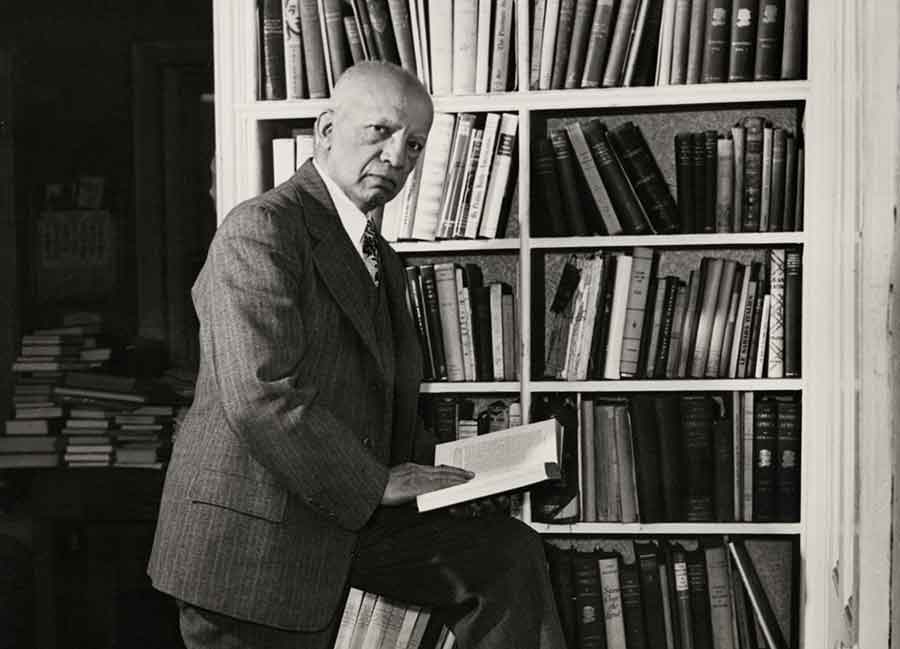(ThyBlackMan.com) Professional Learning Networks + Professional Learning Communities = Professional Learning Families.
The voices that help to manage EdCamp inspires collaboration and professional development on a foundational level for educational professionals even on the continent of Africa. African educators can benefit from EdCamp participation helping to manage the diversity of students. Diversity is not just economic, it is culturally, gender, and philosophical differences in education.
To inspire and engage African teachers as professionals, to aspire and guide African students beyond their perceived limitations of themselves and of what others perceive them to have. Sharing the dynamics of Professional Learning Communities, building and using
Professional Learning Networks and enhancing the importance of each because it takes a village family to help raise and develop children; this is the Professional Learning Family.
Professional Learning Families even in Africa are educators that look beyond the profession to see the value of a family structure in education. Each classroom, each school and each community is a culture that must be managed to guide students and even families step by step in the educational process.
A holistic approach to learning that inspires and even agitates teachers to do better. Takeaways from 2017 EdCamp Leadership that can be shared with African communities, parents, educators and administration.
a. Every behavior a student shows is still an opportunity to educate and empower.
b. Preserve the academic learning environment. Set the atmosphere for respect, high expectations and building bridges for success.
c. African parents are a strong resource to help manage classroom management. Always have something nice to say about all your students because they deserve to feel safe and wanted in the classroom and school.
d. The importance of relevancy for learning should not be forgotten. How can education improve life on the African continent?
e. Administration should be listening to the classroom teachers about how to improve the school environment not just the government. African teachers should also feel valued and needed.
f. Teachers should be celebrated for what works in the classroom even if it is different.
g. The environment of the school should support high levels of confidence in every teacher. Every person from teacher, custodian, office personnel, lunch room helper, should feel valued and needed.
h. Teachers should be authentic and transparent, never be fake, rude or sarcastic to students, parents or peer professionals.
i. African teachers should use technology to connect locally and globally.
j. New learning strategies should be applied because students are different and learn faster.
k. Teachers should communicate with parents consistently and invite them into the classroom to watch and participate in learning.
l. Technology can bridge the gap between generations if teachers applied correctly.
m. Teachers don’t assume your children’s parents are of the same educational level. Find out if parents are reading so they can read with their children.
n. Teachers take the time to read and comprehend your student’s academic folders, drive their neighborhoods and look in the grocery stores in the community to see their environment.
o. Before a teacher can teach they must build a relationship with their students.
p. Teachers must share their educational, social and behavior expectations for their classroom and the school.
q. Teachers are responsible for building their classroom culture and the administration is responsible for the school culture. They must work in unison and collaboration. Government should understand this.
r. Teachers should let their students know their stories are important and all learning should be purposeful.
s. Teachers should let their students know that they embrace and
respect diversity.
t. Teachers should take a stand on student learning not just related
to assessments.
u. Teachers should encourage hands-on learning when possible, presentations, field trips and even guest speakers when possible. It is helpful if African teachers open the doors for information exchanges early with parents and even the community. Everyone is a stakeholder. Comment shared at EdCamp Leadership, “students that are loved at home come to school to be taught, and students that are not loved at home come to school to be loved.”
Staff Writer; William D. Jackson
Find out more about this talented writer over at; OCS For Education.

















Well said.